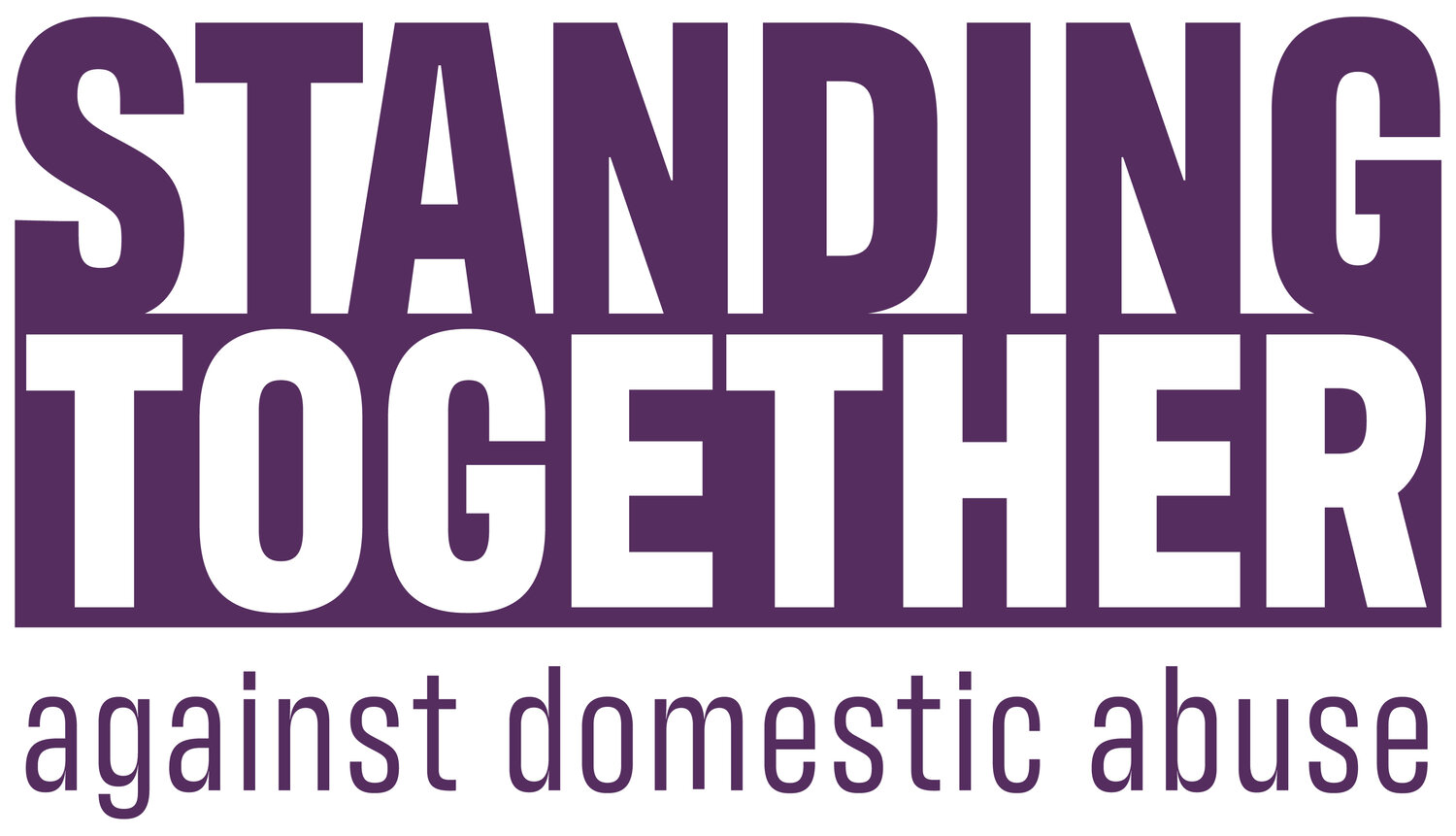Empowering Survivors: The Transformative Power of MARAC Collaboration and Data-Driven Advocacy
We recently sat down with Diniz Kemal, Senior MARAC Coordinator at Standing Together Against Domestic Abuse, for an exclusive thought leadership interview. With over seven years of experience in the Violence Against Women and Girls (VAWG) sector, Diniz shared her inspiring journey into the field, the critical role of MARACs in addressing systemic challenges, and their vision for creating safer, more equitable spaces for victim-survivors of domestic abuse.
My Journey into Advocacy and Change
My background is deeply rooted in frontline work, which has shaped my understanding of systemic issues and the importance of multi-agency collaboration in addressing them. I’ve been working in the VAWG sector for around 7–8 years now, but my journey truly began during my time at university.
I studied Criminology, and it was there that I discovered my passion for addressing gender-based violence. Modules on this subject, coupled with my dissertation on the #MeToo movement, exposed me to the depth and complexity of violence against women, misogyny, and the societal barriers survivors face.
After graduating, I began my career at Advance Charity as a Service Coordinator in the Minerva team, supporting women involved in the criminal justice system. This role was pivotal—it gave me a firsthand understanding of the challenges women face when navigating a maze of services post-incarceration, particularly when compounded by domestic abuse, homelessness, or substance misuse. Witnessing the transformative power of trauma-informed support and multi-agency collaboration inspired me to step into a more hands-on role as a Key Worker.
As a Key Worker, I built close relationships with victim-survivors, understanding their unique journeys and advocating for their needs to prevent reoffending. These experiences deepened my commitment to addressing systemic inequalities and ensuring vulnerable women don’t fall through the cracks of fragmented systems.
From there, I joined Solace Women’s Aid as a Housing First Worker, where I supported women experiencing entrenched homelessness. This role reinforced the critical importance of securing stable housing as a foundation for recovery and safety. I also became actively involved in MARACs (Multi-Agency Risk Assessment Conferences), advocating for high-risk clients and seeing the tangible impact of agencies working together to reduce risks and provide wraparound care.
In April 2021, I joined Standing Together Against Domestic Abuse as a MARAC Coordinator, eventually becoming Senior MARAC Coordinator. This role allowed me to continue to play an integral role in supporting victim-survivors. I find immense purpose in liaising with frontline services, advising, and ensuring that multi-agency strategies are effectively implemented to safeguard lives.
The Power of MARACs: A Catalyst for Change
What makes the Multi-Agency Risk Assessment Conference (MARAC) truly effective is its ability to bring multiple agencies together in one space. In the often-fragmented world of frontline services, coordinating representatives from statutory, voluntary, and specialist organisations to collaboratively address the needs of victim-survivors is transformative.
Collaboration in Action
MARACs inclusive approach ensures that statutory agencies such as the police and child safeguarding services work alongside domestic abuse charities and voluntary organisations. These organisations often act as the direct advocates for victim-survivors, ensuring their voices drive the conversation.
This collaboration is especially impactful in addressing systemic gaps, such as when a victim-survivor hesitates to engage with statutory services due to past trauma. MARAC provides a space where this reluctance is understood and not dismissed. The focus remains on reducing risk and empowering survivors to make informed choices.
Data as a Catalyst for Survivor-Centric Services
Data is the backbone of MARACs. By collecting demographic data on victim-survivors—such as ethnicity, sexuality, and disability—MARACs can identify trends, highlight gaps, and advocate for tailored services. For instance, when data reveals unmet needs for survivors with disabilities, it can inform the commissioning of services and ensure expert representation at MARAC.
While collecting this data presents challenges, especially when referring agencies lack complete information, MARAC coordinators work diligently to fill these gaps. By painting a comprehensive picture of survivors’ lived realities, MARACs inform both local and national strategies.
Addressing Challenges and Looking Ahead
Despite its strengths, MARAC faces challenges due to its voluntary nature. Unlike statutory processes like Multi-Agency Public Protection Arrangements (MAPPA), MARAC relies on the goodwill and commitment of its participants. Making MARACs statutory could enhance engagement and ensure consistent representation from all relevant services.
Equally, it is critical to maintain a survivor-led approach. Efficiency must never come at the expense of victim-survivors’ voices. Every MARAC must prioritize the time, dignity, and experiences of those at the centre of its discussions, ensuring that risk reduction and quality of life remain the ultimate goals.
A Message of Hope
Reflecting on my journey and my time as a Senior MARAC coordinator, I have witnessed significant progress. Awareness of domestic abuse dynamics has grown, and trauma-informed approaches re being advocated for more than ever. This progress, coupled with continued training and collaboration, offers hope for a future where MARACs are even more impactful.
At its core, MARAC is about enabling victim-survivors to live free from domestic abuse, supported by a network of professionals dedicated to their safety and well-being. By prioritising their voices and fostering multi-agency collaboration, we can continue to create a culture of respect, justice, and empowerment.
